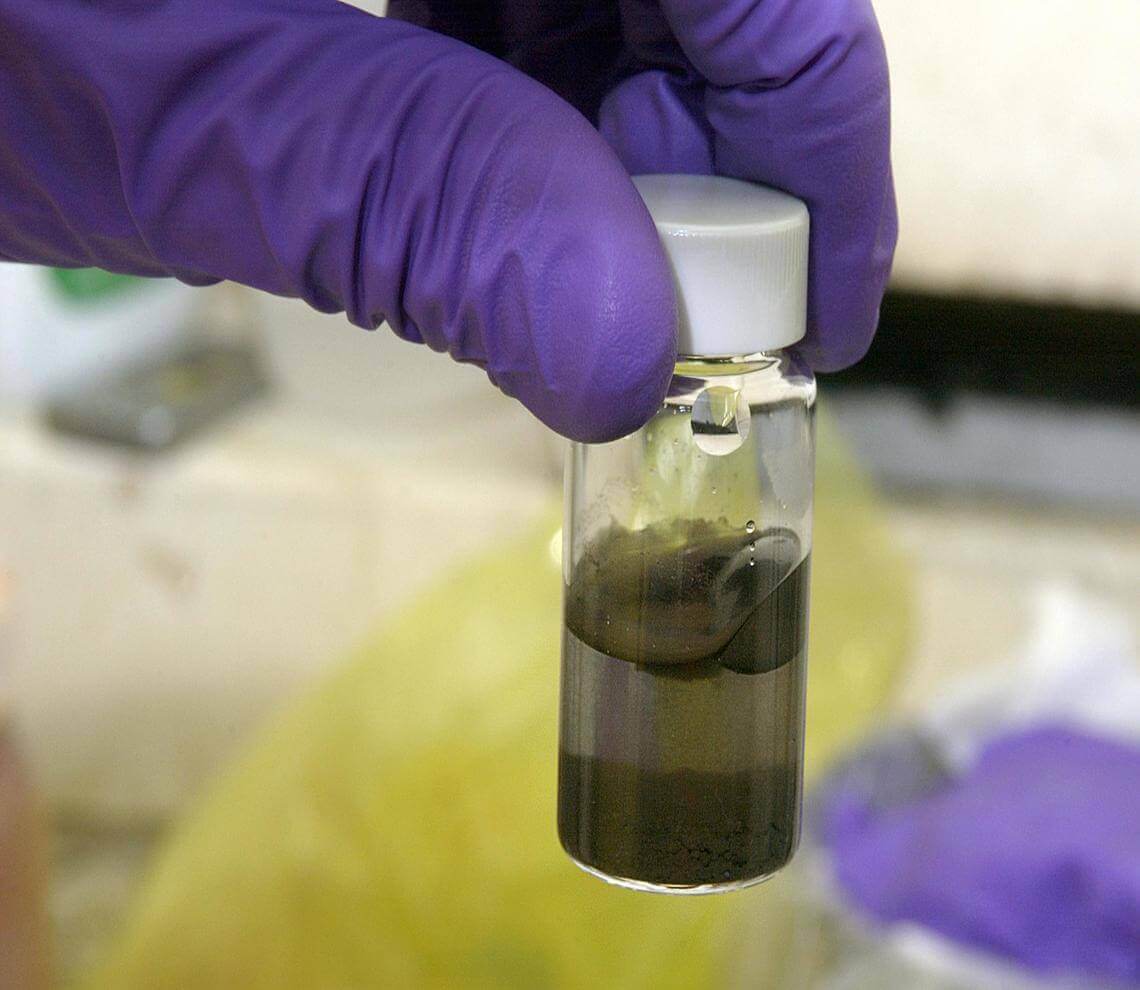- Our Suppliers
- MBS Monoclonals
- MAb to Fr. tularensis (LPS) Antibody
Product short description
Price:
498 EUR
Size:
1000ug
Catalog no.:
GEN310433
Product detailed description
Gene name
N/A
Gene name synonims
N/A
Other gene names
N/A
Clone
T14
Other names
N/A
Immunoglobulin isotype
IgG3
French translation
anticorps
Category
Antibodies
Clonality
Monoclonal
Form/Appearance
Purified, Liquid
Subcategory
Mnoclonal antibodies
Also known as
Francisella tularensis (LPS)
Concentration
5.7mg/ml (OD280nm, E^0.1% = 1.4)
Tested applications:
EIA/ELISA, Immunofluorescence Assay
Purification method
>=95% pure (SDS-PAGE). Protein G Sepharose chromatography
Host organism
Mouse (Mus musculus). Hybridization of Sp2/0 myeloma cells with spleen cells from BALB/c mice.
Properties
If you buy Antibodies supplied by MBS Monoclonals they should be stored frozen at - 24°C for long term storage and for short term at + 5°C.
Storage and shipping
Store the antibody at +4C. Temperature variations in the range of 1 to 7 degrees Celsius are tolerable. We recommend NOT to freeze the antibody.
Species reactivity
N/A; Due to limited knowledge and inability for testing each and every species, the reactivity of the antibody may extend to other species which are not listed hereby.
Specificity and cross-reactivity
Francisella tularensis (LPS) Clone T14 reacts with LPS of Fr. tularensis. No cross-reactivity with Y. pestis, Y. pseudotuberculosis, Y. entercolitica, V. cholera, E. coli, S. typhimurium, Fr. novicida, Br. melitensis, Br. abortus, Br. suis, Br. ovis, B; Since it is not possible to test each and every species our knowledge on the corss reactivity of the antibodies is limited. This particular antibody might cross react with speacies outside of the listed ones.
Gene
Bacterial pathogen lipopolysaccharides (LPS) are the major outer surface membrane components present in almost all Gram-negative bacteria and act as extremely strong stimulators of innate or natural immunity in diverse eukaryotic species ranging from insects to humans. LPS consist of a poly- or oligosaccharide region that is anchored in the outer bacterial membrane by a specific carbohydrate lipid moiety termed lipid A. The lipid A component is the primary immunostimulatory center of LPS. With respect to immunoactivation in mammalian systems, the classical group of strongly agonistic (highly endotoxin) forms of LPS has been shown to be comprised of a rather similar set of lipid A types. In addition, several natural or derivative lipid A structures have been identified that display comparatively low or even no immunostimulation for a given mammalian species. Some members of the latter more heterogeneous group are capable of antagonizing the effects of strongly stimulatory LPS/lipid A forms. Agonistic forms of LPS or lipid A trigger numerous physiological immunostimulatory effects in mammalian organisms, but--in higher doses--can also lead to pathological reactions such as the induction of septic shock. Cells of the myeloid lineage have been shown to be the primary cellular sensors for LPS in the mammalian immune system. During the past decade, enormous progress has been obtained in the elucidation of the central LPS/lipid A recognition and signaling system in mammalian phagocytes. According to the current model, the specific cellular recognition of agonistic LPS/lipid A is initialized by the combined extracellular actions of LPS binding protein (LBP), the membrane-bound or soluble forms of CD14 and the newly identified Toll-like receptor 4 (TLR4)*MD-2 complex, leading to the rapid activation of an intracellular signaling network that is highly homologous to the signaling systems of IL-1 and IL-18. The elucidation of structure-activity correlations in LPS and lipid A has not only contributed to a molecular understanding of both immunostimulatory and toxic septic processes, but has also re-animated the development of new pharmacological and immuno-stimulatory strategies for the prevention and therapy of infectious and malignant diseases.
© Copyright 2016-Tech News . Design by: uiCookies

